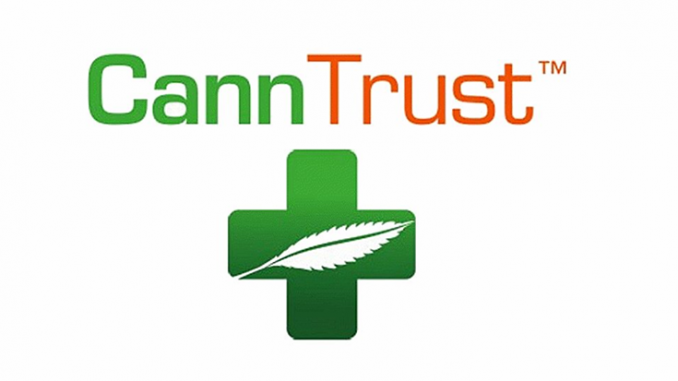For those who have been watching, Luxembourg has played an inordinately influential role on the entire cannabis discussion in Europe for the past year.
This summer, the country announced that it had plans to implement recreational use (for residents only) within two years.
Last summer, the country not only changed its medical use policy as the Deutsche Börse tried to halt the clearances of cannabis trades made in Germany (Luxembourg is the place where the stock trades clear), but set a five-year mandate and timeframe as well.
This new announcement certainly is an attempt to signal at any rate, that the government is not going to run out the clock. But, realistically, with the extra six months already in front of the start date necessary to enshrine the legislation, plus whatever complications arise after that, Luxembourg could initiate its market on January 1, 2022.
Or, as is more likely, it could not. Including rolling delays caused by everything from EU objection and internal logistical hurdles of other kinds to lack of access to product.
Refom Redux?
Will Luxembourg be the “Colorado of Europe?” Probably not.
Will Luxembourg “be the next Canada?” Probably not either. However it is also worth noting that legislators and lawmakers from Luxembourg have drawn recent inspiration via numerous fact finding trips to Canada of late.
It is also worth remembering that even Canada’s great, green, “well-oiled” cannabis machine delayed its recreational market start by months last year. And that was a scenario already a generation in the making.
Further, as some would argue this summer, certainly post CannTrust, the relative “speed” with which Canada embraced its recreational market is again being criticized for not only being precipitous but a direct cause of problems in financial compliance and tracking.
The lack of regulatory muster, in other words, that even allowed a CannTrust to happen, will not fly in Europe. Certainly not in a country where regulations, including that of the European kind, are decided upon (the other center of EU regmaking is of course Brussels).
For that reason, no matter how exciting the news to an industry fighting an uphill battle on medical efficacy, there is plenty of room to temper enthusiasm.
Luxembourg is not going to be “just like” anywhere seen so far. The needle has moved. And the conversation is morphing if not moving on.
One of the most intriguing aspects of all of this, of course, is how insurers will treat the entire discussion.
Holland Round 2?
Here is what Luxembourg also won’t be. A new tourist mecca for out of towners. At least according to the current discussion. How the government will prevent that, is of course unclear. The same grey areas exist in the law behind Barcelona’s social clubs. The Dutch have tried for most of this decade to discourage this – and have largely failed.
What it very well might be, however, is a catalyst for change. A before and after moment if you will.
 The Swiss are moving ahead with recreational and medical trials. The British, whatever their relationship with the world after Halloween, are too.
The Swiss are moving ahead with recreational and medical trials. The British, whatever their relationship with the world after Halloween, are too.
Luxembourg, whatever it ends up being, in other words, is well timed, if nothing else, to be a reference point if not conversation starter about real reform.
Including of course, medical impact, if not, beyond that, efficacy.
Here is where Luxembourg might in fact, be much closer to the Dutch experiment than any other place. Despite the fact the country has had a coffee shop culture for over 30 years, and Dutch medical cannabis is exported to countries all over the world, here is what is missing in Holland: Medical health insurance coverage for patients. In fact, Dutch insurers, en masse, stopped reimbursing the drug as soon as Germany changed its insurance rules in March 2017.
If that is on the agenda for Luxembourg, in other words, no matter how exciting a timeline for recreational is anywhere in Europe, this will be a pyrrhic victory indeed.


































